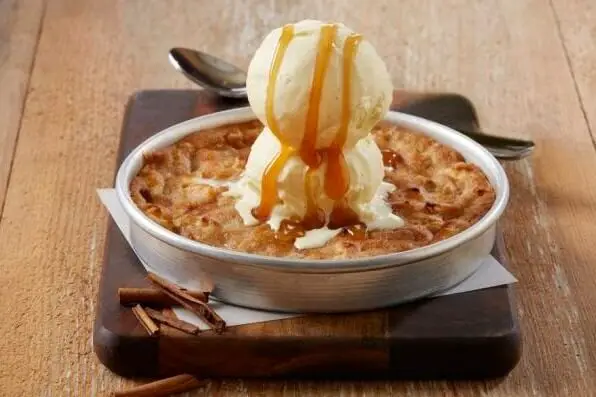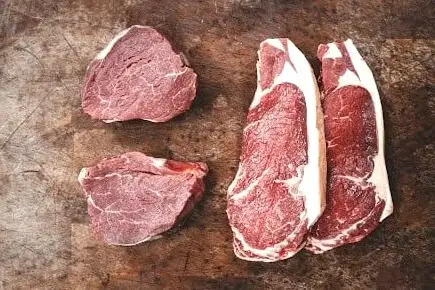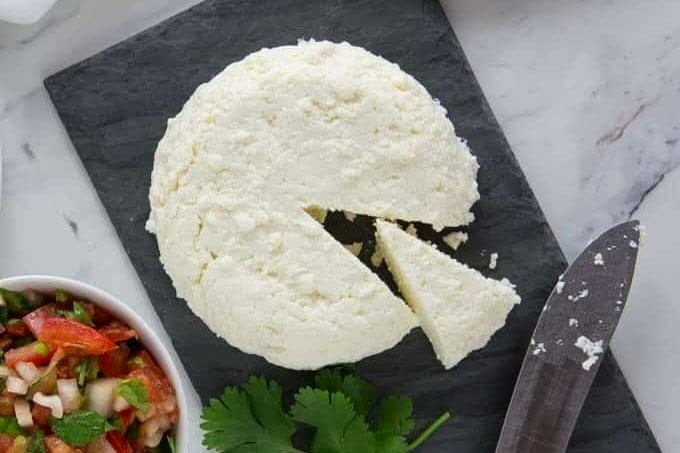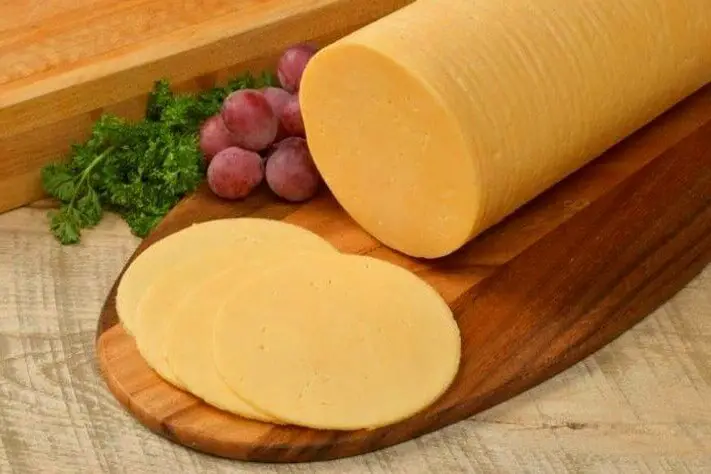Have you ever wondered about the weighty mystery of frozen meat? Does it tip the scales differently compared to its thawed counterpart?
Let’s shed light on the freezing duration, packaging and storage conditions, meat quality, evaporation and condensation, and water content variation.
Join me on this fascinating journey as we unravel the frozen meat conundrum.
What Happens to Meat When It Freezes?
When meat meets the icy grip of freezing temperatures, a transformation occurs. The water inside the meat turns into ice, creating a fascinating phenomenon. This freezing process causes the meat to change in volume.
What Factors Should You Consider When Weighing Frozen Meat?
When it comes to weighing frozen meat, several crucial factors demand consideration. Each factor plays a role in understanding the weight dynamics and ensuring accurate measurements. Let’s explore these factors one by one.
Freezing Duration:
The duration for which the meat has been frozen influences its weight. Longer freezing periods can result in more water loss, potentially affecting the overall weight of the meat. Consider the freezing duration to better understand the potential weight disparity.
Packaging and Storage Conditions:
The packaging and storage conditions of frozen meat can impact its moisture retention. Proper packaging helps preserve the meat’s natural juices and minimizes water loss during freezing. Optimal storage conditions, such as maintaining a consistent temperature, also contribute to retaining moisture and overall weight integrity.
Meat Quality:
The quality of the meat itself is a significant factor to consider when weighing frozen meat. High-quality cuts generally retain more moisture, resulting in a smaller weight difference between frozen and thawed states. In contrast, lower-quality cuts may experience greater water loss during freezing, leading to a more noticeable weight disparity.
Evaporation and Condensation:
During the freezing process, evaporation and subsequent condensation can occur, impacting the weight of the frozen meat. Moisture may evaporate from the meat initially and then condense back as ice, potentially causing a slight shift in weight. While the overall impact may be minimal, it’s worth considering these dynamics.
Water Content Variation:
As meat freezes, water molecules within it undergo changes, leading to variations in water content. This change in water content can directly affect the weight of the frozen meat. Keep in mind that the freezing process redistributes moisture, potentially resulting in a difference between the weight of frozen and thawed meat.
How does the Freezing Process Affect the Water Content in Meat?
As meat freezes, water within it transforms into ice, resulting in changes to its moisture. Some water is lost during freezing, influencing the meat’s weight between frozen and thawed states.
Does the Quality of Meat Impact its Weight Difference between Thawed and Frozen States?
Meat quality plays a role in the weight disparity between thawed and frozen states. High-quality cuts retain more moisture, resulting in a smaller weight difference. On the other hand, lower-quality cuts may experience more significant water loss during freezing, leading to a more noticeable weight disparity.
Which Weight Should I Consider When Cooking Meat: Frozen or Thawed?
When it’s time to cook meat, the question arises: Which weight to consider? If cooking from frozen, focus on the weight of the frozen meat. Thawing may reintroduce some lost moisture. If you opt to thaw the meat beforehand, consider the weight of the thawed meat for accurate measurements.
Concluding Remarks!
In the realm of frozen meat, weight holds intriguing secrets. Freezing alters water content, impacting the overall weight. Factors such as freezing duration and meat quality contribute to the weight difference between thawed and frozen states.
So, whether you cook from frozen or thawed, ensure you consider the appropriate weight for a successful culinary experience.













Leave a Reply